Features & Articles
Filter By

Pitt-Bradford’s new George B. Duke Engineering and Information Technologies Building named for Zippo owner
Pitt’s Board of Trustees on Friday announced the name of the building, which will feature multiple labs, a machine shop, a makerspace and more.
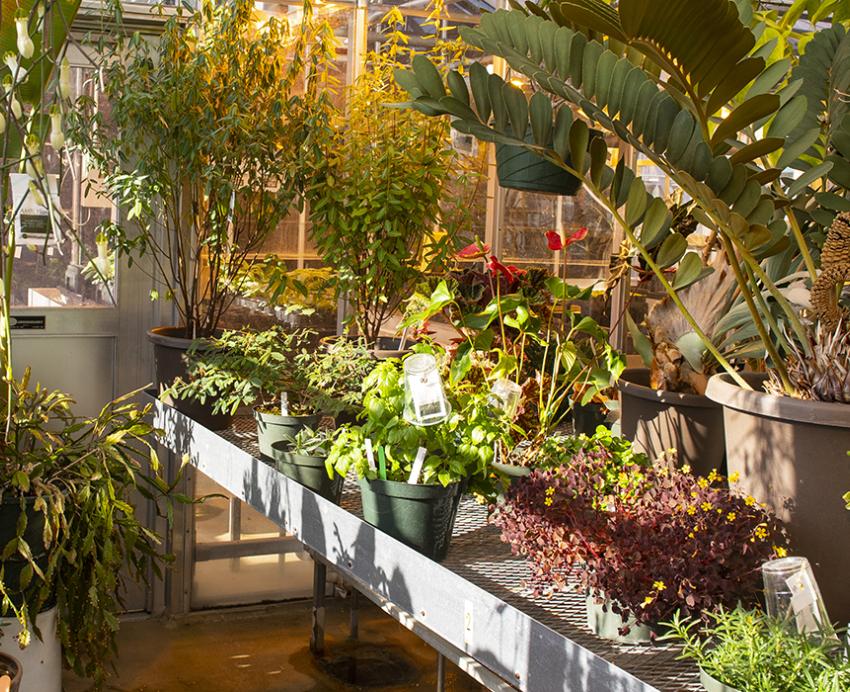
Go behind the scenes at Pitt's teaching greenhouse, where it's never winter
Perched atop Langley Hall, this space for biologists and botanists boasts all sorts of living treasures.

Meet one of Pitt's ‘hidden figures’
After becoming the first Black woman to graduate from the Swanson School of Engineering, Elayne Arrington made aerospace history, too.
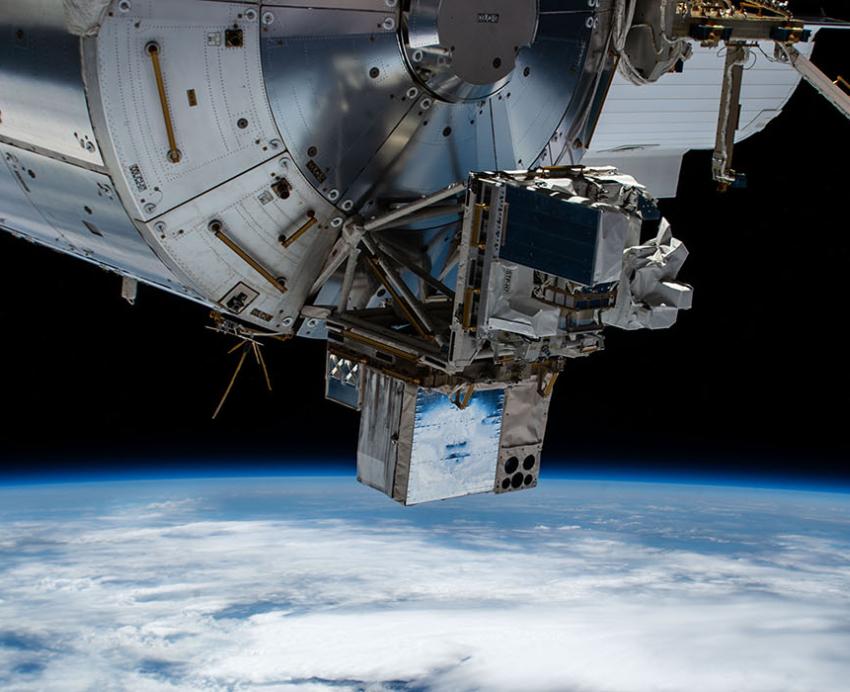
The International Space Station got new Pitt-designed computers and sensors
The toaster oven-sized system can see cars, roads and trees from space.

This startup is helping the insurance industry understand autonomous vehicles
Self-driving cars need to be insured if they’re going to become part of our daily lives. Koop Technologies, formed by international students at Pitt-Bradford, is collecting the data to make it happen
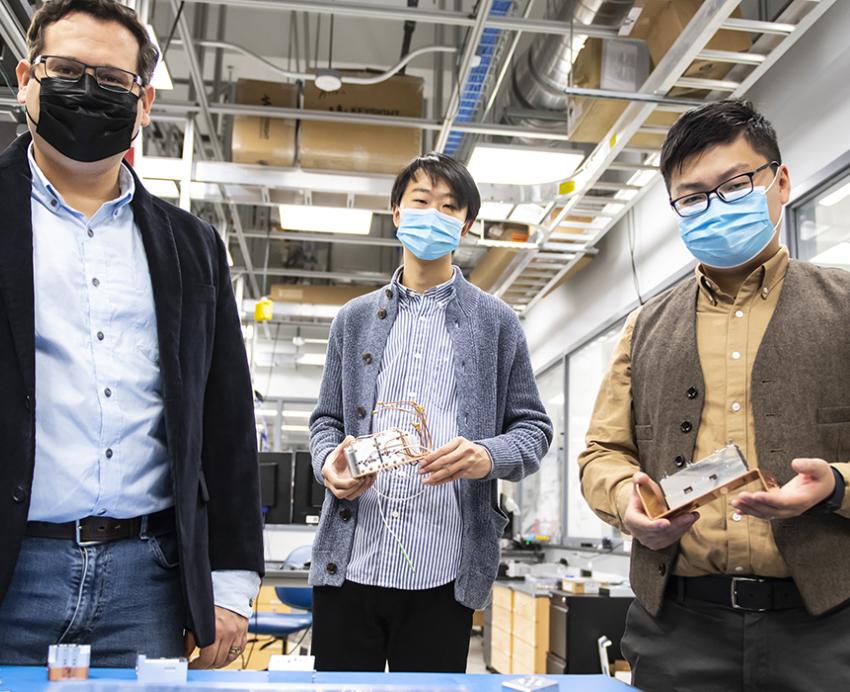
Pitt physicists built their very own quantum computer
While impressive for its size alone, the Lego-like computer’s real innovation is in how its components are connected.
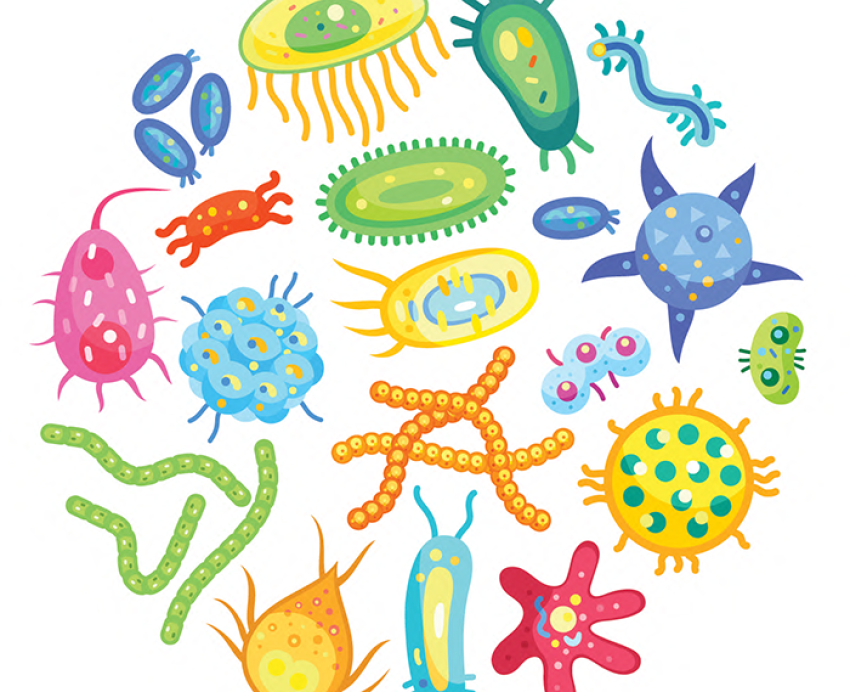
How fecal transplants could transform cancer care
Changing bacteria in the gut can cause remarkable effects in some melanoma patients, Pitt researchers proved.
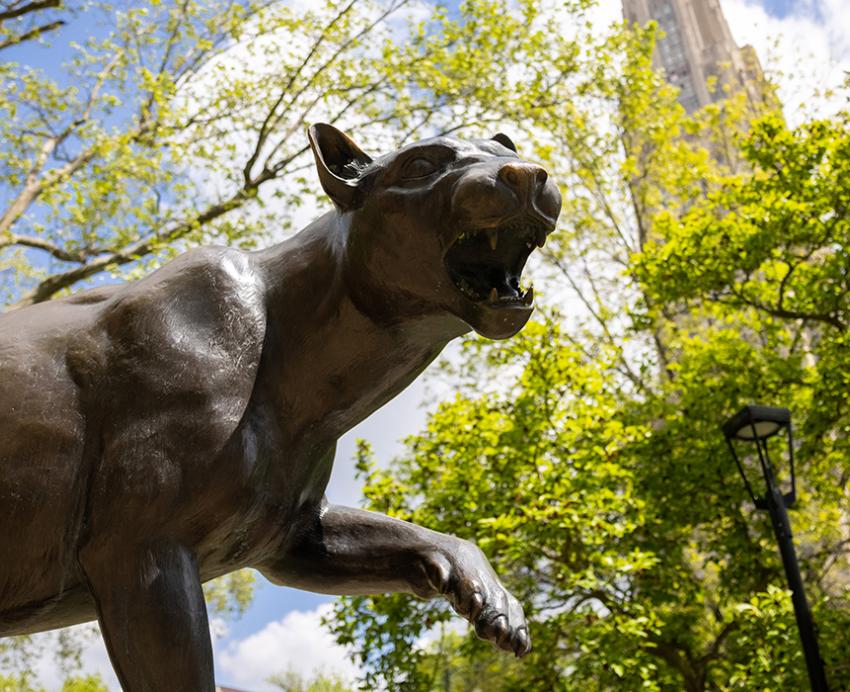
4 Pitt faculty members named 2021 American Association for the Advancement of Science fellows
They join W.E.B. DuBois, Thomas Edison and Margaret Mead in having received one of science's highest honors.
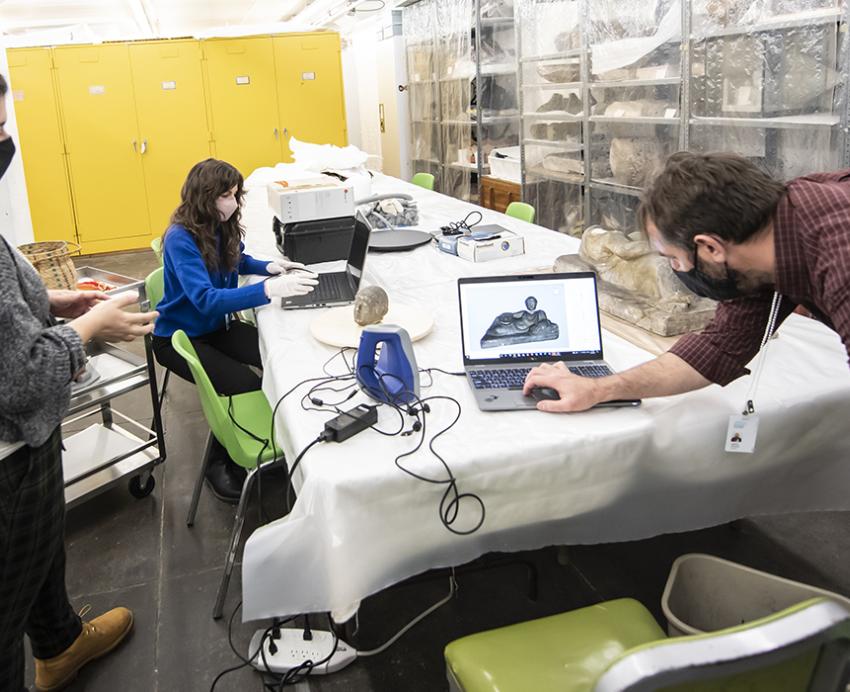
Honors College undergrads are digitizing collections at the Carnegie Museum of Natural History
The group’s 3D scans will be featured in an upcoming exhibit showing how objects made their way from Egypt to Pittsburgh.

A Pitt astronomer is helping assemble the biggest-ever 3D map of the universe
The massive Dark Energy Spectroscopic Instrument project has already mapped millions of galaxies. It’s thanks to Jeff Newman that they know where to look.

Allegheny County Policing Project simplifies police policies for the community
This Pitt-initiated project is designed to create a greater understanding of local policing and police accountability.

Pitt astronomers will be among the first to use the latest and greatest NASA telescope
Four faculty members are on teams that will point the James Webb Space Telescope at distant objects, galactic winds and exploding stars.
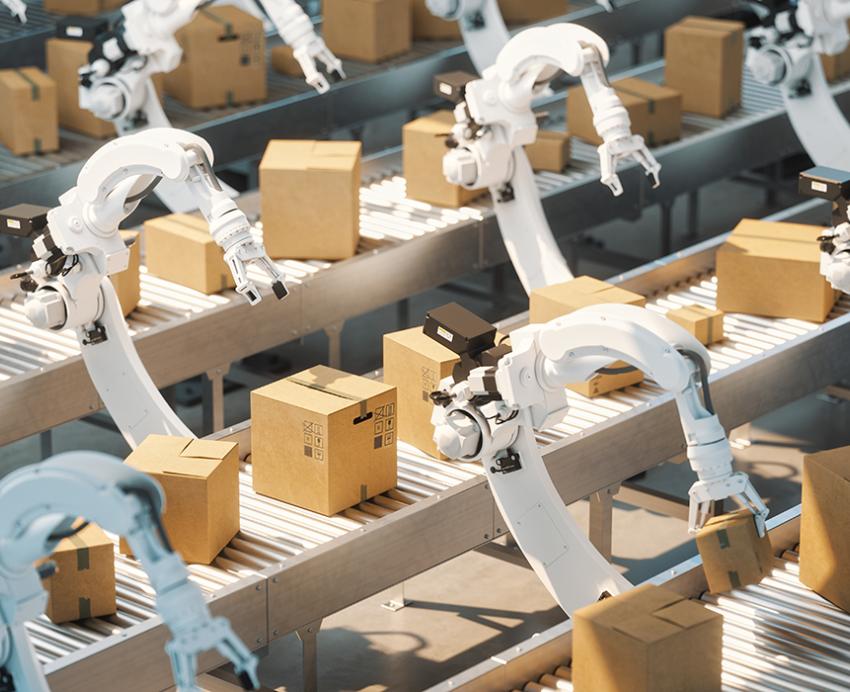
Robots might be bad for men, but give women more bargaining power
A new study from Pitt economist Osea Giuntella found that men had lower wages and workforce participation in areas with more industrial robots, among other gendered effects.
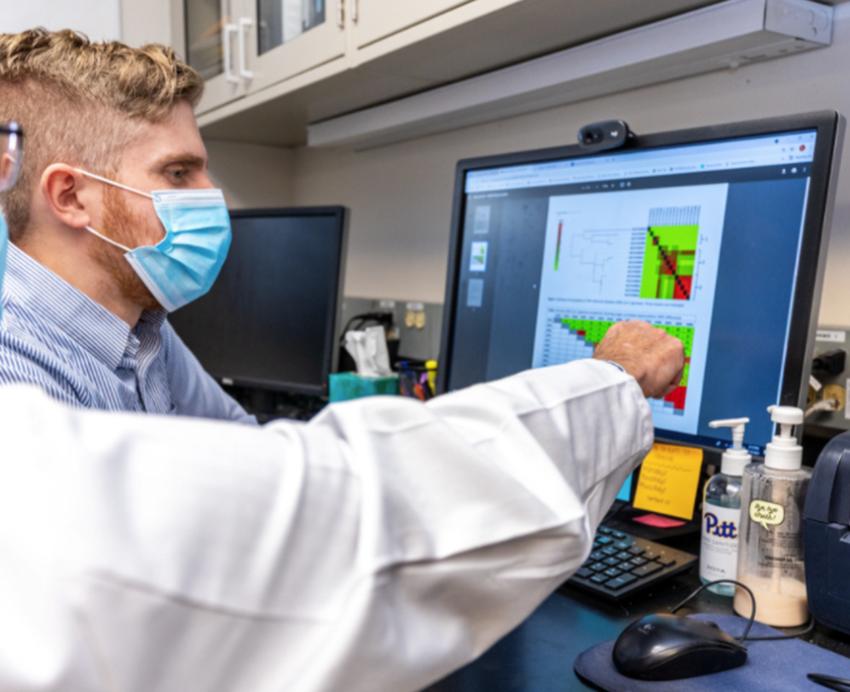
A new way to stop diseases from spreading in hospitals
How clinicians stop infectious disease transmission in hospitals hasn’t changed in more than a century. Pitt researchers are using AI and genome sequencing to change that.

For Roc’s birthday, we asked a Pitt ecologist about getting him some panther friends
Pitt’s mascot turns 112 this week, but his species hasn’t been spotted in the commonwealth for more than a century. Could we reintroduce panthers to the region? Should we?
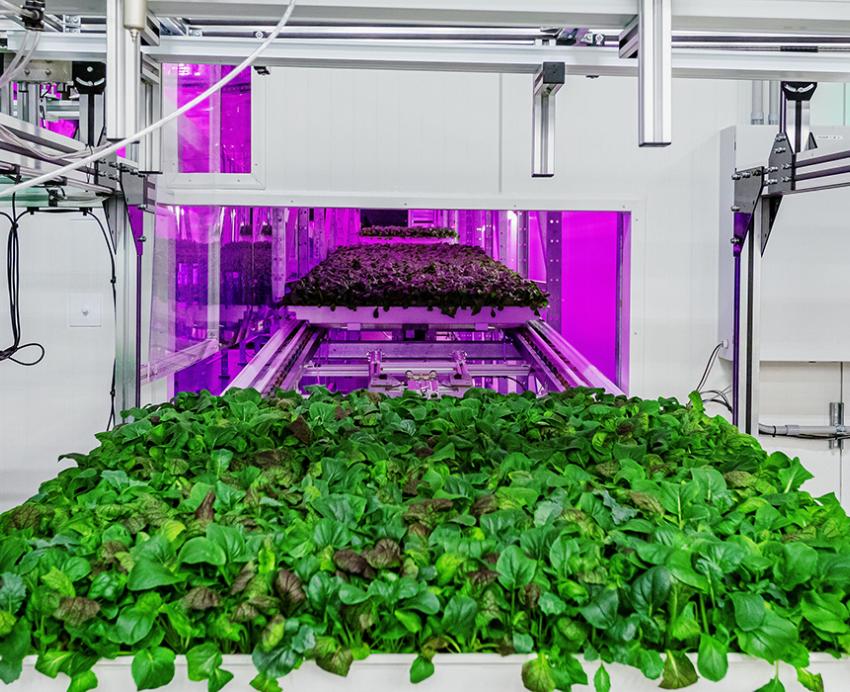
Get fresh greens all year round at many Pitt dining locations
The University has partnered with local agricultural company Fifth Season to grow lettuce, spinach and other greens using 97% less land and 95% less water than traditional farming methods.
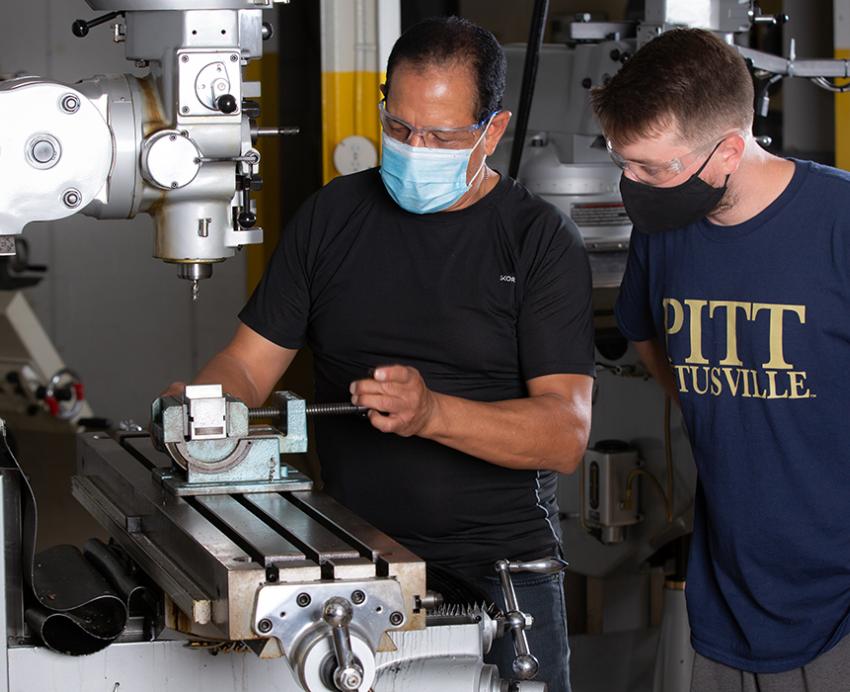
A new Pitt-Titusville center is expanding manufacturing training in Northwestern Pennsylvania
Companies in the region are hungry for skilled machinists. Pitt’s Manufacturing Assistance Center is now providing them.

In terms of carbon footprint, not all oil is created equal
To predict the climate impact of oil as demand shifts, we need to take into account the many ways it's extracted, according to a new study in Nature by Pitt’s Mohammad Masnadi.
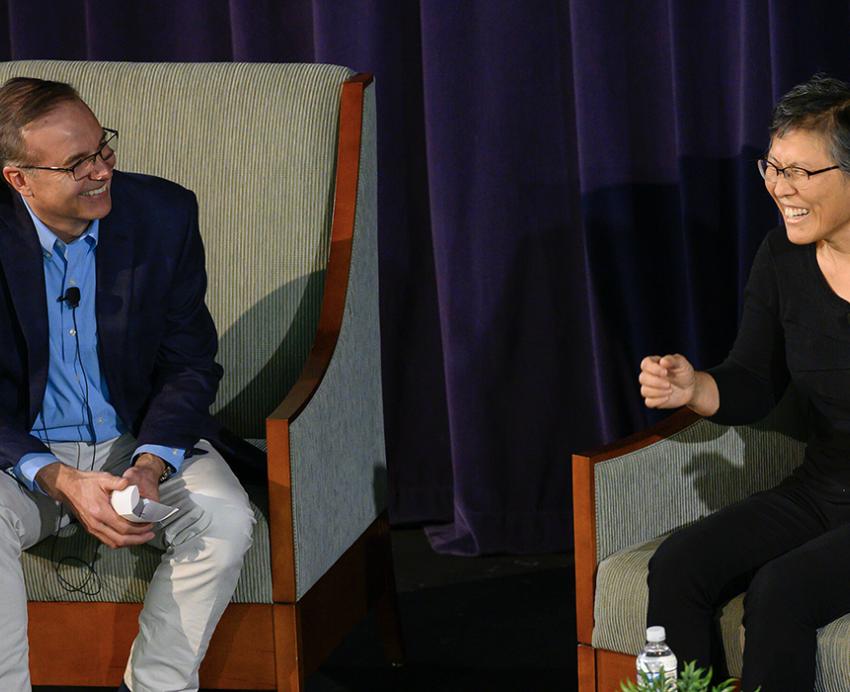
This Pitt-Johnstown engineer wants to keep seniors standing tall
Eunice Yang will soon begin beta testing for OK2StandUP, a Fitbit-like monitor of the autonomic nervous system that predicts and prevents falls.

You can rent a phone charger at 32 local businesses thanks to Pitt alumni
The portable charger will juice up your phone in just 30 minutes.




